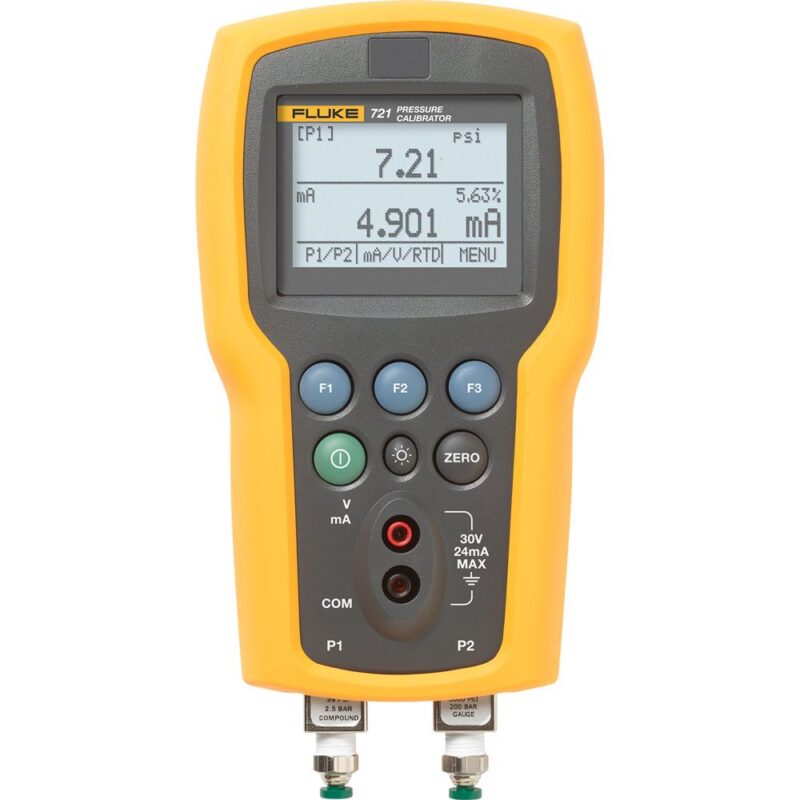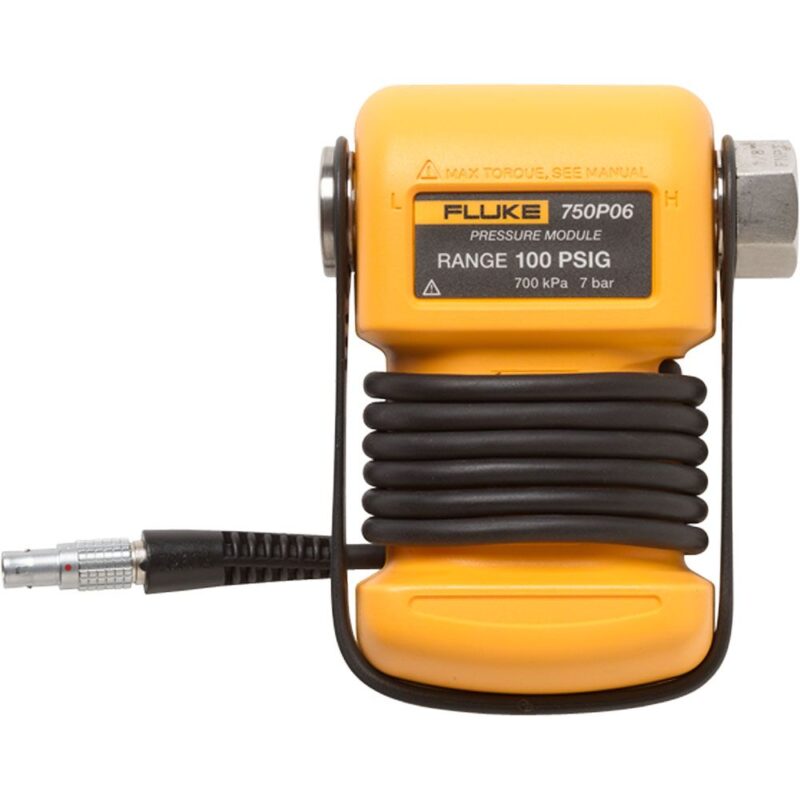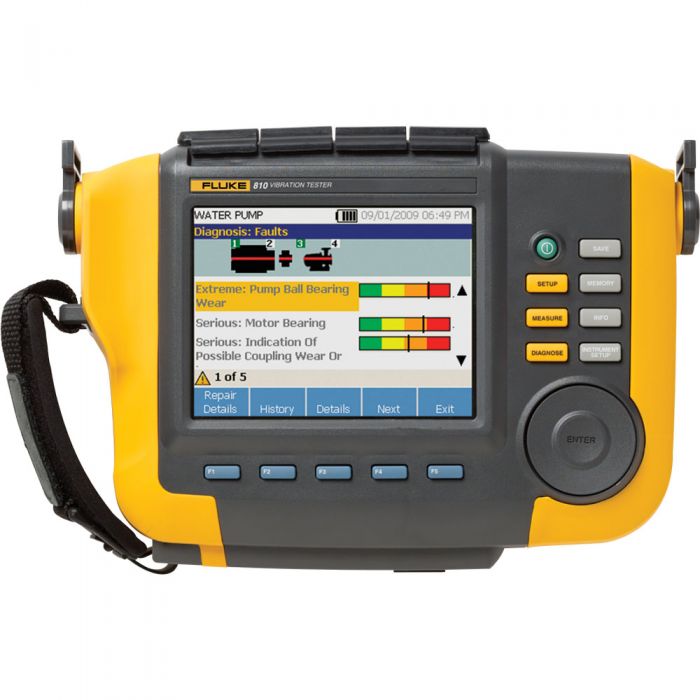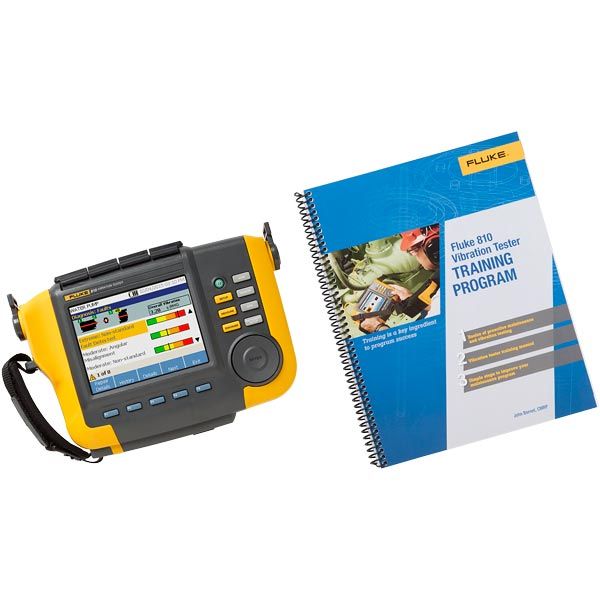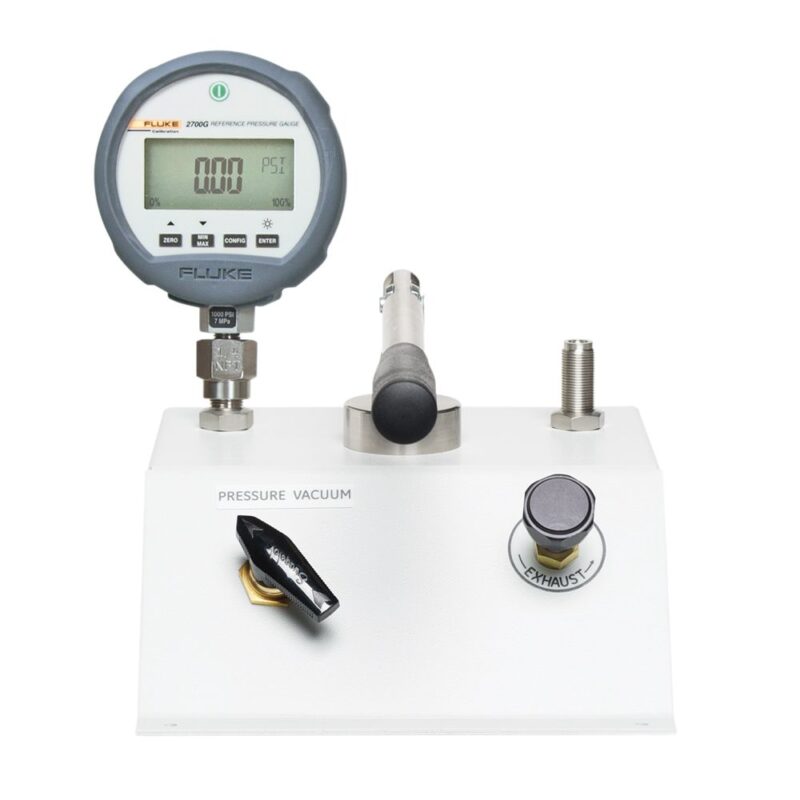Introduction to Fluke Pressurements Fluke Corporation, a renowned leader in the field of test and measurement tools, has consistently set high standards for precision and reliability. Established in 1948, Fluke has built a reputation for creating robust instruments that cater to a wide range of industries, including oil and gas, HVAC, and manufacturing. The company’s commitment to innovation and quality has made its tools indispensable in environments where accurate pressure measurement is critical. Accurate pressure measurement plays a pivotal role in various industry operations, ensuring safety, efficiency, and regulatory compliance. In the oil and gas sector, precise pressure measurements are essential for maintaining equipment integrity and avoiding hazardous incidents. Similarly, HVAC systems rely on accurate pressure data to optimize performance and energy efficiency. In manufacturing, pressure measurements are integral to maintaining product quality and process control. The importance of reliable pressure data cannot be overstated, as it forms the backbone of critical decision-making processes in these industries. Fluke’s technology ensures precision and reliability in pressure measurement through advanced engineering and rigorous testing. The basic principles behind pressure measurement involve quantifying the force exerted by a fluid (liquid or gas) on a surface. This can be categorized into three primary types: absolute, gauge, and differential pressure. Absolute pressure measures the total pressure exerted by a fluid, including atmospheric pressure. Gauge pressure, on the other hand, measures the fluid pressure relative to the ambient atmospheric pressure. Differential pressure quantifies the difference between two pressure points, often used in flow and filtration systems. Fluke’s innovative tools enhance measurement accuracy by employing state-of-the-art sensors and calibration techniques. These instruments are designed to withstand harsh conditions and deliver consistent, reliable readings. Whether it’s a handheld pressure calibrator or a sophisticated pressure transducer, Fluke’s products are engineered to meet the highest standards of performance. Their user-friendly interfaces and robust construction make them a preferred choice for professionals seeking precision and dependability in pressure measurement. Key Features and Benefits of Fluke Pressure Measurement Tools Fluke pressure measurement tools are renowned for their precision and reliability, making them indispensable in various professional settings. Among the diverse range of instruments offered by Fluke are digital pressure gauges, calibrators, and sensors, each designed to meet specific needs and applications. Digital pressure gauges from Fluke are known for their high accuracy and ease of use. These gauges boast clear, easy-to-read displays and are equipped with features such as min/max recording, which allows users to capture critical pressure readings over time. The robust construction of these gauges ensures durability, even in the harshest industrial environments. Pressure calibrators are another key offering from Fluke, providing precise calibration of pressure instruments. These tools are essential for maintaining the accuracy of other measurement devices, ensuring that all readings remain consistent and reliable. Fluke’s pressure calibrators feature advanced digital communication capabilities, allowing seamless integration with other devices and systems for efficient data transfer and analysis. Fluke pressure sensors are designed for high performance and long-term stability. These sensors are used in various applications, from HVAC systems to process control. The sensors’ compact design and rugged construction make them suitable for both laboratory and field use. Their high accuracy and repeatability ensure that they provide reliable data, critical for maintaining operational efficiency. One of the standout features of Fluke pressure measurement tools is their advanced technology integration. Many of these tools come with data logging capabilities, enabling users to record and analyze pressure data over extended periods. This feature is particularly beneficial for identifying trends and diagnosing issues before they escalate into costly problems. Additionally, the user-friendly interfaces of these tools ensure that both novice and experienced users can operate them with ease, reducing training time and increasing productivity. The incorporation of digital communication technologies enhances the functionality of Fluke pressure measurement tools. This integration allows for real-time data sharing and remote monitoring, contributing to improved safety and operational efficiency. By providing accurate and timely data, these tools help professionals make informed decisions, ultimately leading to cost savings and optimized performance. Testimonials from industry experts highlight the practical advantages of using Fluke pressure measurement tools. These professionals often cite the tools’ reliability, precision, and ease of use as key factors in their decision to choose Fluke over other brands. Real-world examples demonstrate how Fluke’s tools have helped improve processes, enhance safety, and reduce downtime in various industries. In summary, the key features and benefits of Fluke pressure measurement tools make them a valuable asset for professionals seeking accuracy, durability, and advanced technological integration. These tools not only meet but often exceed industry standards, providing users with the confidence and data needed to excel in their respective fields.

